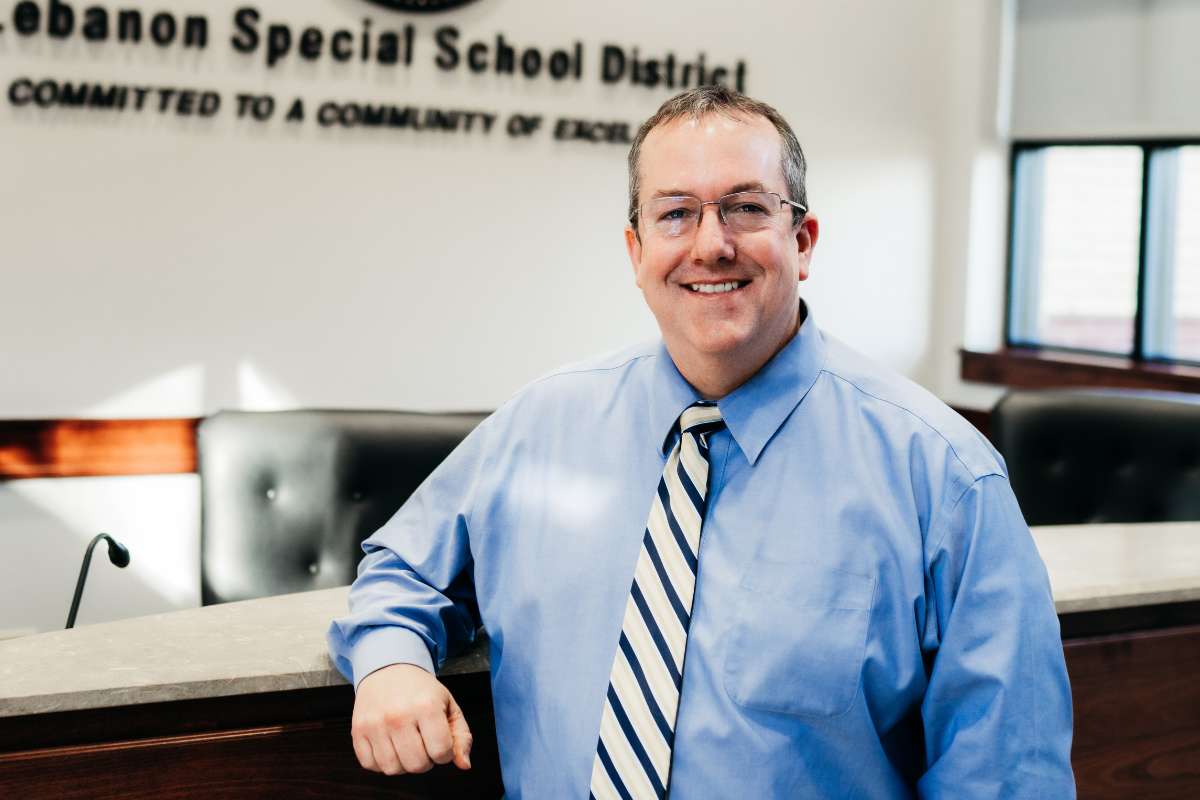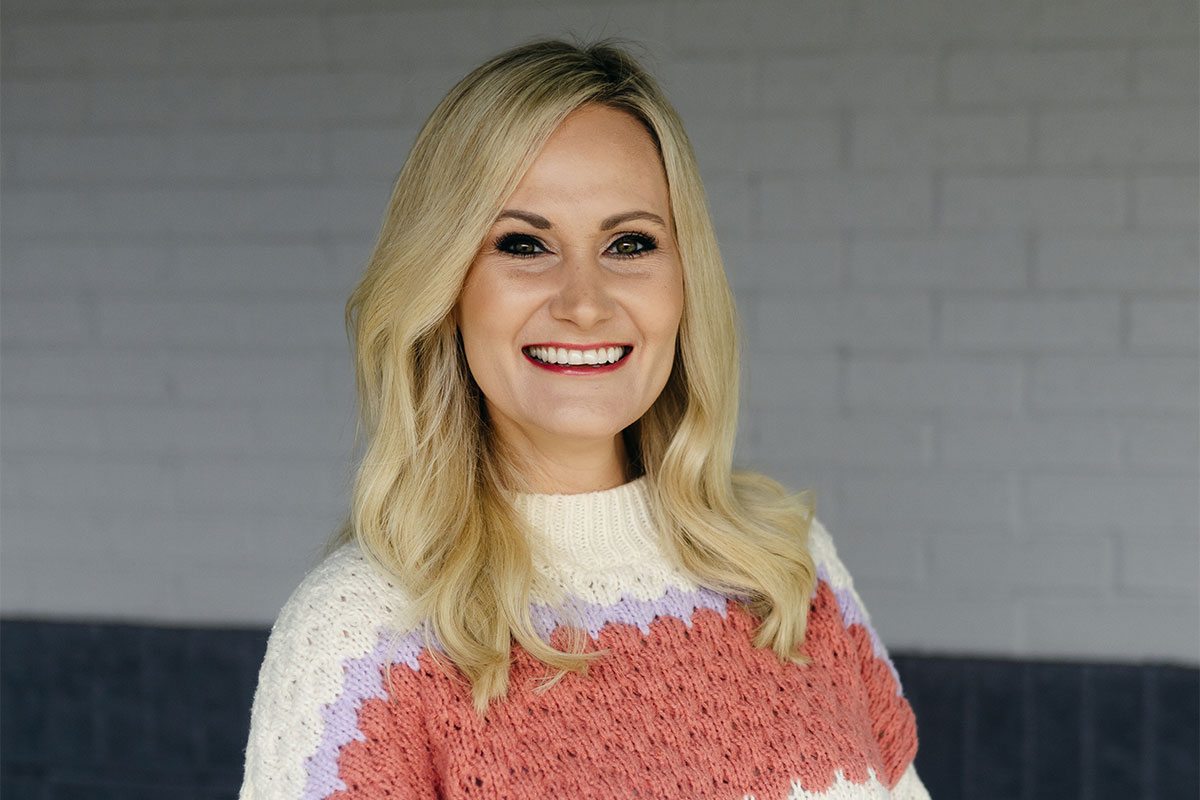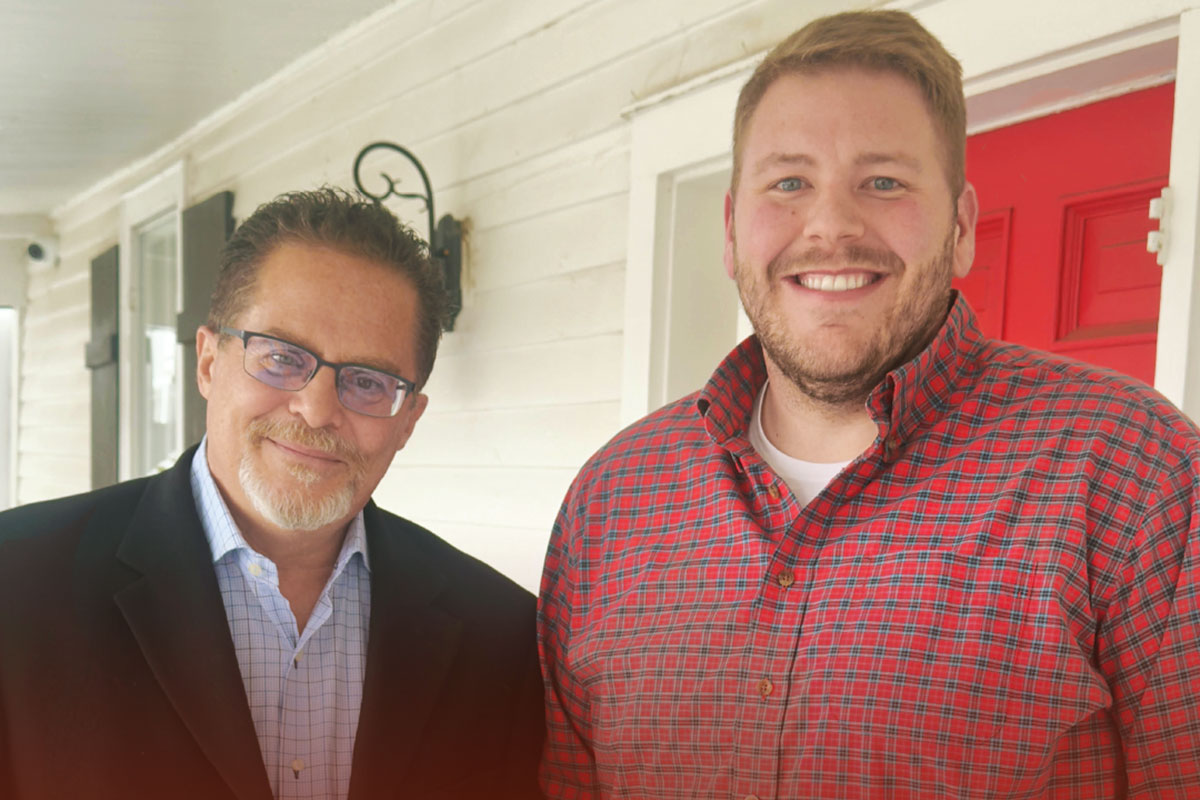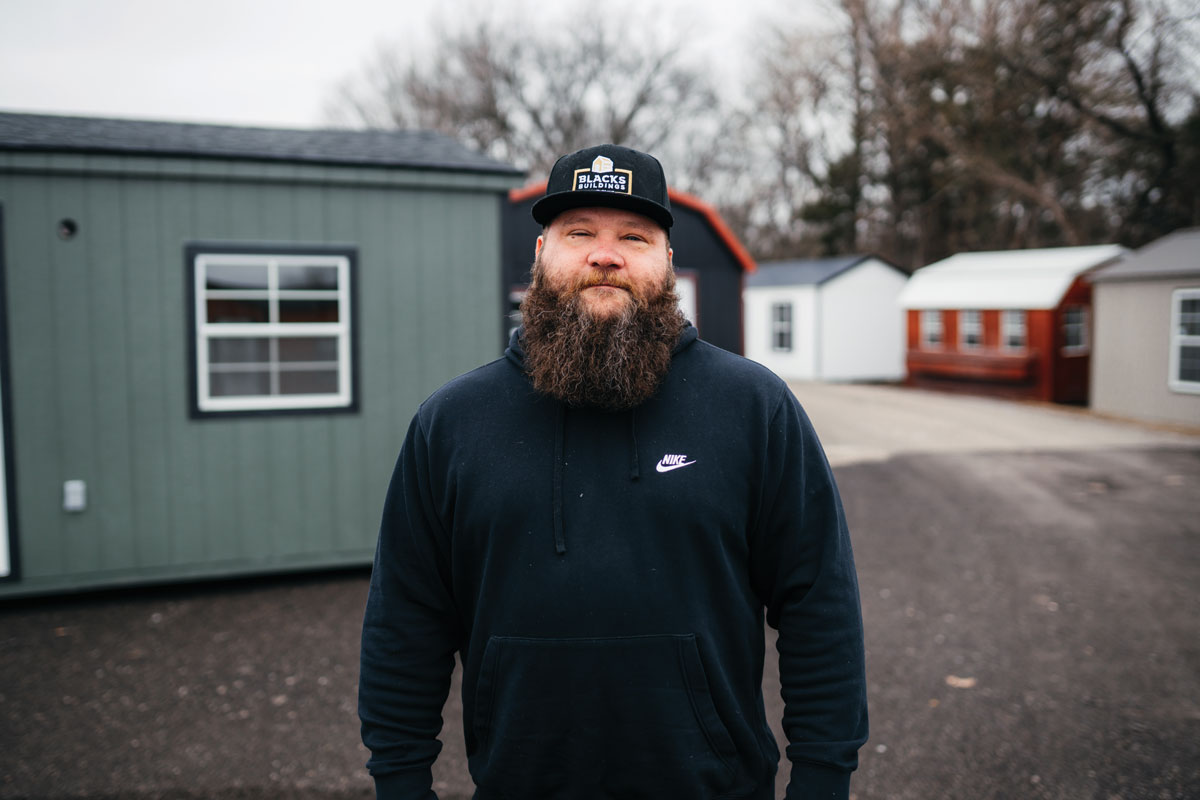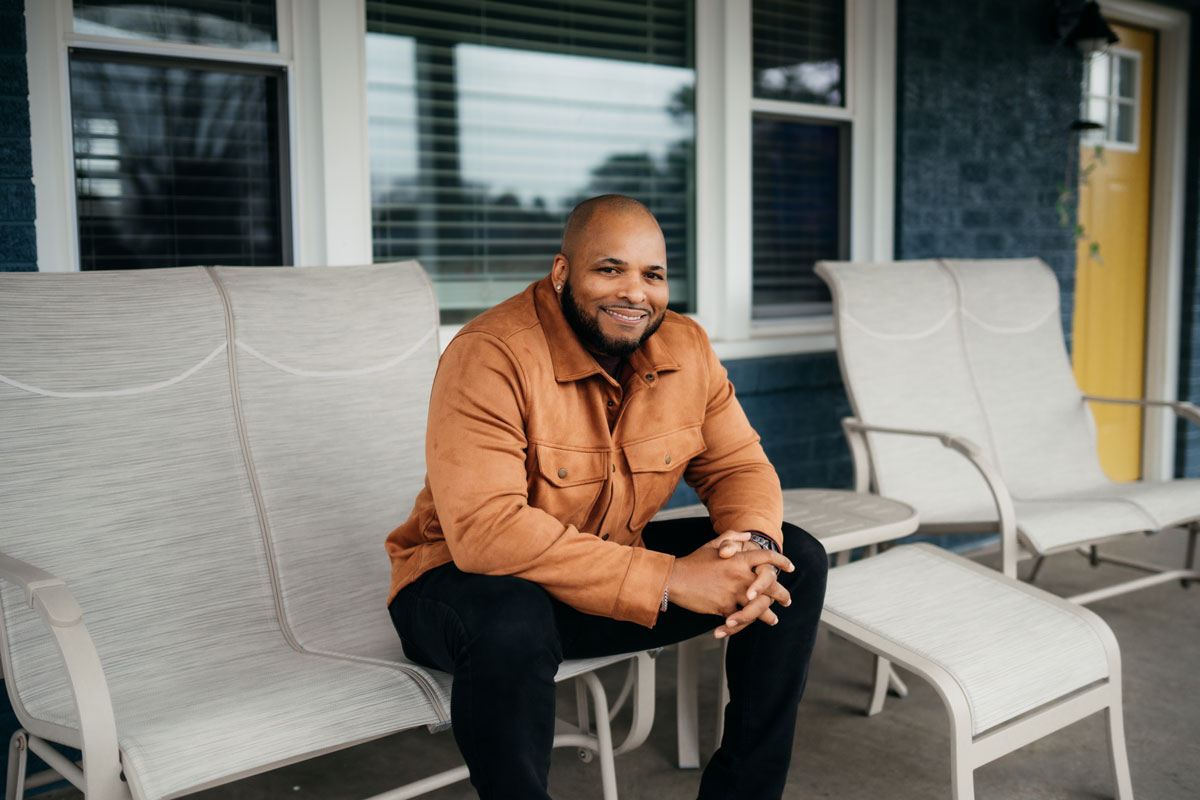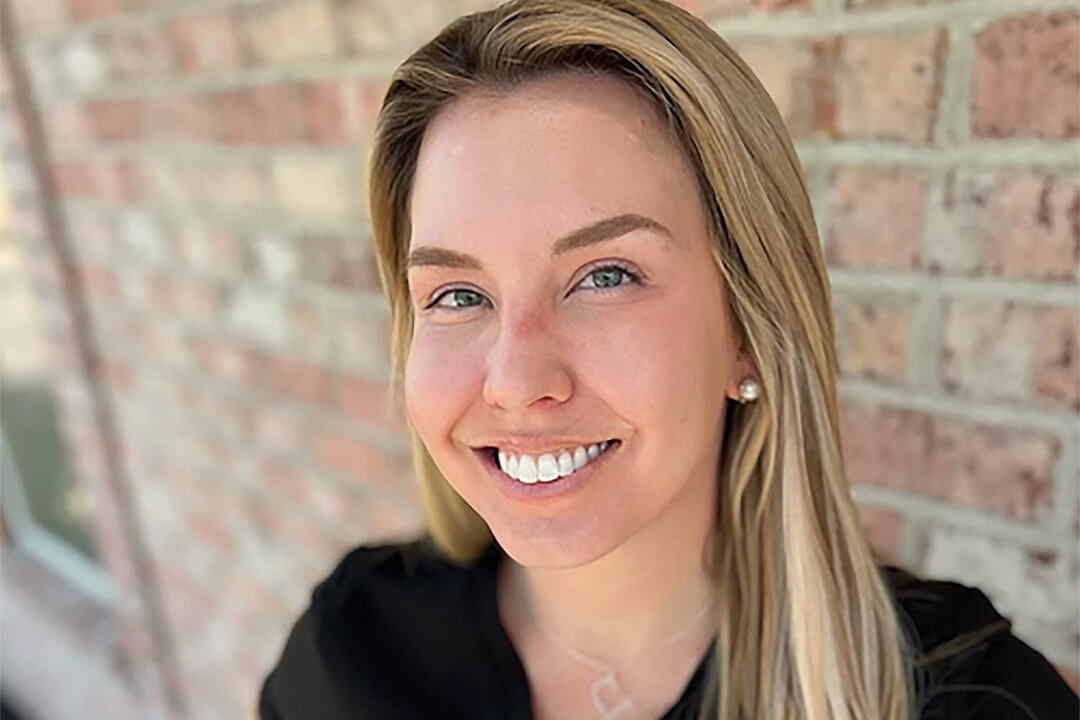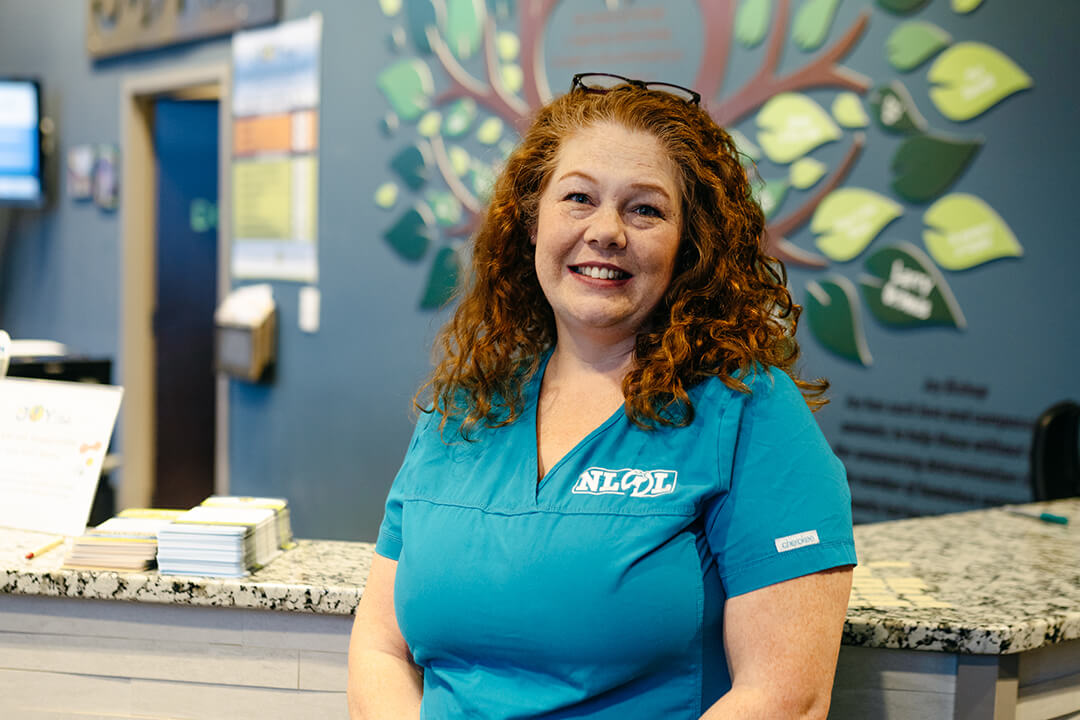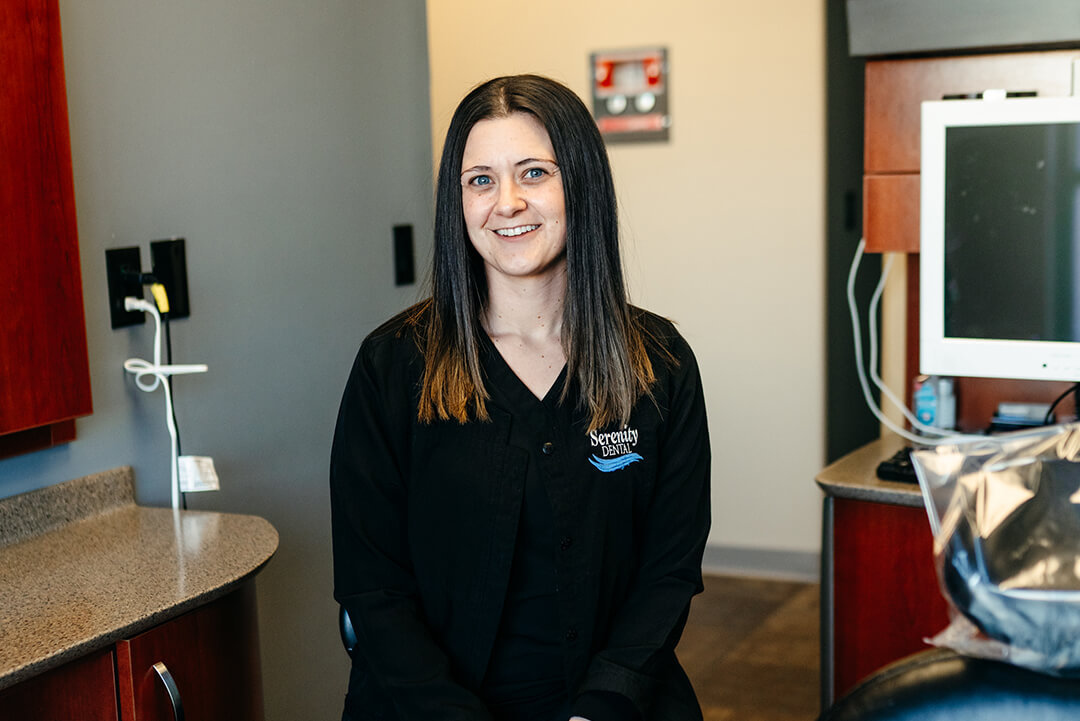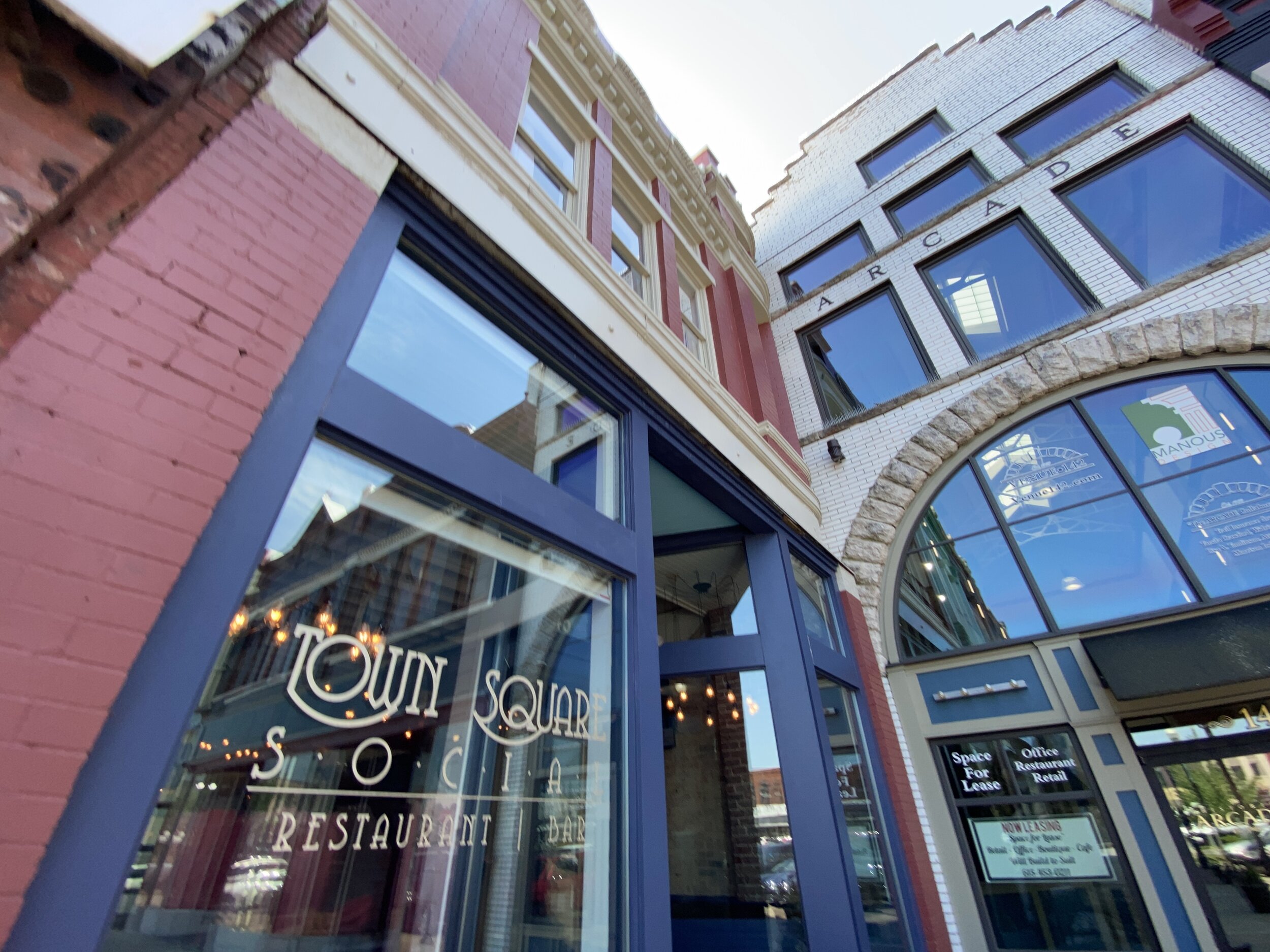HEROES COME in many shapes and sizes, but at the end of the day, each has the same important quality: they are willing to do difficult things to help people in need. A hero might rescue someone from a fire, perform emergency CPR to save someone’s life, or join the Army to protect their country — but the heroes at Lebanon’s 15th Judicial District Child Advocacy Center (CAC) know that sometimes, that difficult thing is a simple conversation.
A child advocacy center exists to support children who have been victims of abuse. Many people work with the CAC, all of them heroes — law enforcement, the Tennessee Department of Children’s Services (DCS), the district attorney’s office, and medical and mental health professionals — among many other groups dedicated to protecting children. For Executive Director Heather Wamble, however, those groups aren’t the biggest heroes who enter the center.
“We get to serve all of those heroes,” Wamble said. “To me, though, the kids are the real heroes in this story because they were brave enough to tell someone. They’re their own heroes, and that’s just pretty remarkable.”
The center offers several services to the Lebanon community. It regularly offers training on recognizing and responding to abuse and has a family advocate ready to support families in such a situation. But most importantly, the CAC is the place for children to tell their stories. Often, those stories are told to forensic interviewer Cece Ralston. The stories aren’t easy to tell.
“It’s a very hard thing to do because [most] often they’re afraid — they don’t know what’s going to happen if they tell, they don’t know if they’re going to be believed or even maybe be blamed for what happened,” Ralston said. “There’s a lot of fear that they have to overcome and so it is a real act of bravery to speak up.”

It may not be easy, but the CAC does its best to make it as peaceful as possible. The center is in a beautiful craftsman-style home with a homey, child-friendly atmosphere. It’s a safe, neutral place for a child, Ralston said, and much better than the alternatives: a police station, a classroom, or maybe even the home in which the abuse took place.
Before child advocacy centers became common, children would often have to speak to multiple people about what they went through — a conversation that is hard enough to have just once. Now, forensic interviews at an advocacy center are admissible in court as evidence and testimony. It’s an important and impactful job.
“As an interviewer, when you can give the child that safe opportunity to talk about what has happened, and you see them visibly relax … often children will say to me afterward, ‘I feel so much better now that I’ve been able to talk about this,’ and it’s a relief. It is a relief to that child,” Ralston said. “[It] lets the healing process begin for the child, and it’s very gratifying as an interviewer to be able to help children so directly like that.”
The CAC also helps others heal. It’s a place where caseworkers, caregivers, and other partners can rest after a long day or a difficult case. The center is truly a hub for people dedicated to helping children.
“We’re at least just a little bit of a safe haven for not only the children we serve but for our law enforcement, our DCS partners, our district attorneys,” Wamble said. “We serve more than just kids here.”

Since the center first opened its doors in 2008, with a director, a contracted interviewer, and a rented space, it has served thousands of children in Lebanon and its surrounding counties. Ralston herself has interviewed over 2,000 children, and the cases worked have begun the healing process for many. For Deputy District Attorney Tom Swink, their role in protecting Lebanon’s children does not stop there.
“In my nearly 20-year career as a criminal prosecutor in Tennessee’s 15th Judicial District, the Child Advocacy Center has played and continues to play a crucial role in the prosecution of child physical abuse and sexual abuse cases,” Swink said. “The three-pronged mission of our center — community outreach and education, victim and family advocacy, and the forensic interviewing of children — has helped protect the youth of our five-county district. In addition, the work of the Child Advocacy Center helps ensure that the perpetrators who harm our children are held accountable.”
Lebanon’s Child Advocacy Center is full of heroes, from those on the frontlines protecting children to the children themselves, who bravely speak up and change their lives for the better. What kind of hero will you be? GN









